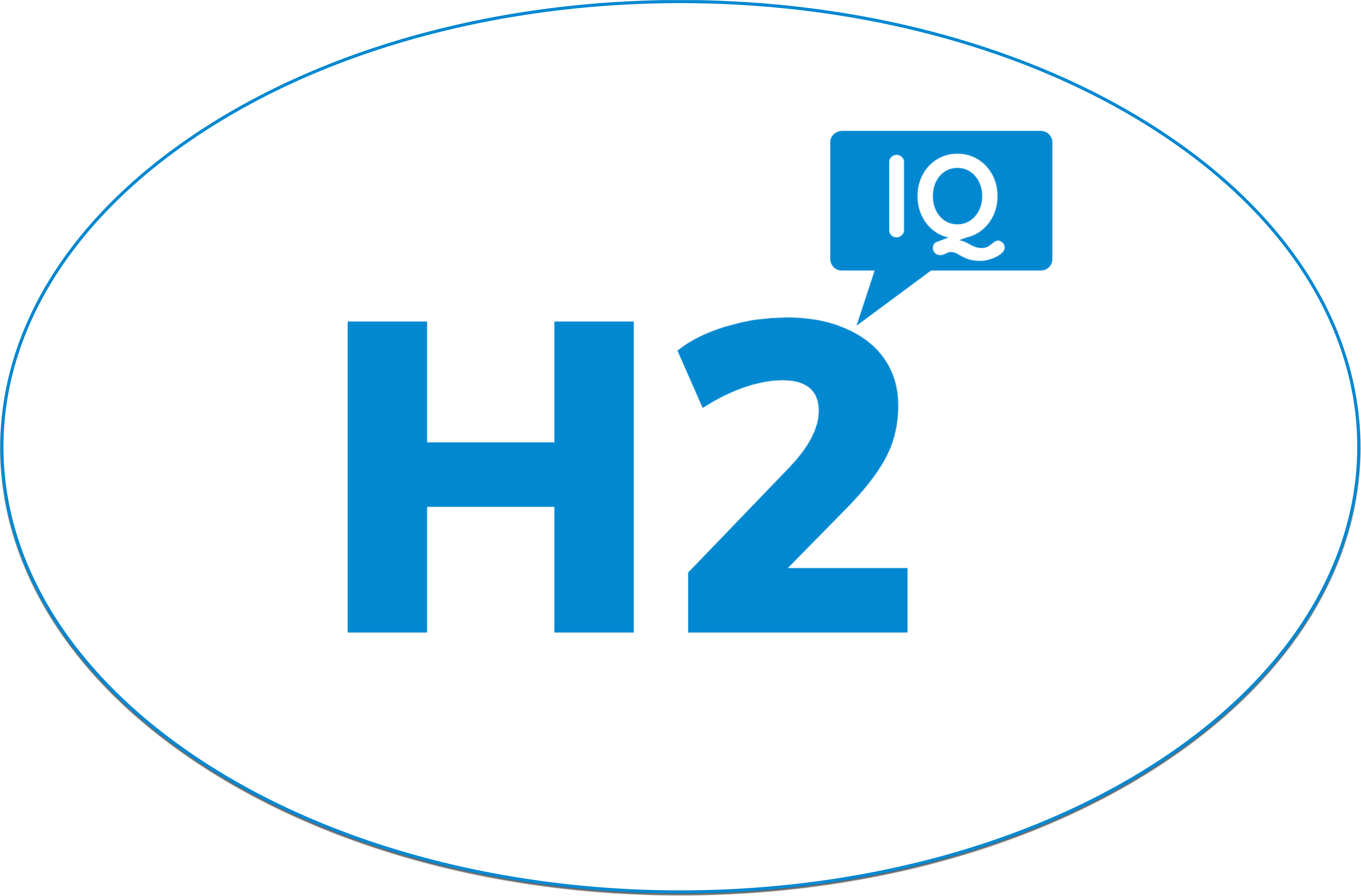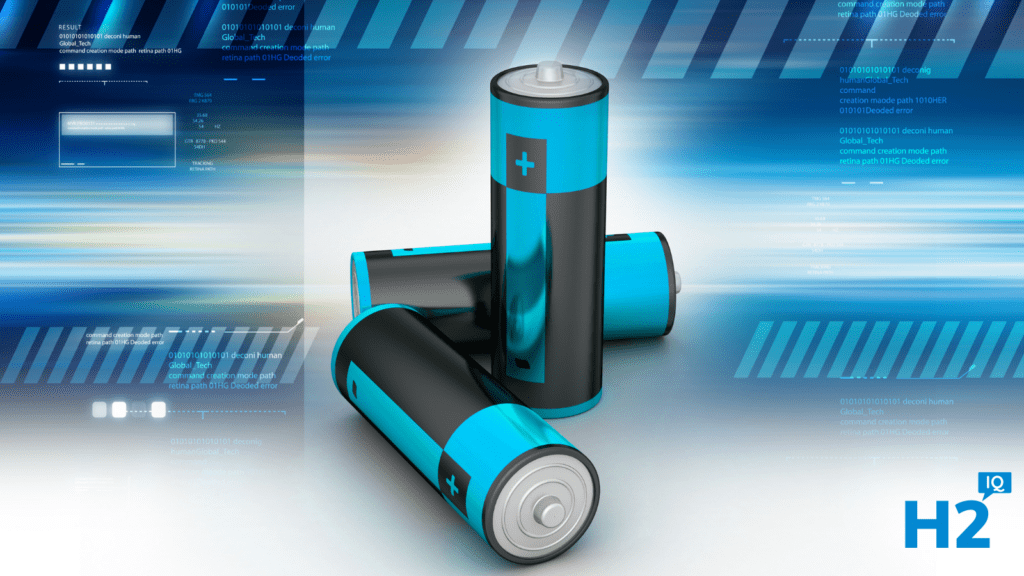New battery technology using hydrogen and nickel may provide a way for energy, health, and safety managers to reduce costs while also reducing carbon emissions. This type of technology uses a process known as hydrogelation to create batteries that are both dense and lightweight. Hydrogelation is the process of combining water with an organic compound to form a gel-like substance. In this case, the water is used to hydrate the nickel powder, which increases its density and allows for more efficient storage of electrical charge.
The benefits of using this type of technology include reduced weight (due to the lack of lead in the electrodes), increased density (allowing for more charge per unit volume), and lower cost (because no toxic materials are required). The main disadvantages are that the batteries require frequent recharging, they have shorter lifespans than traditional batteries, and they can be difficult to produce on a large scale.
What is the new battery technology using hydrogen and nickel?
This new battery technology uses hydrogen and nickel to create a dense energy storage system that is less expensive than traditional batteries. This could potentially save Energy, Health, and Safety managers money while reducing carbon emissions.
How does this new technology work?
This new technology, known as Nickel-Hydrogen (NiH) batteries work by using a chemical reaction between the nickel and hydrogen atoms to create electrical energy. This process is much more efficient than traditional battery technologies and results in less waste heat being produced. As a result, NiH batteries are able to store more energy than lead-acid or lithium-ion batteries while operating at cooler temperatures. This makes them ideal for use in applications where safety is a concern, such as in electric vehicles.
Why is this new technology a good option for energy, health, and safety managers interested in saving money and reducing carbon emissions?
One of the main reasons this new battery technology is a good option for energy, health, and safety managers interested in saving money and reducing carbon emissions is because it is much more efficient than traditional batteries. For example, traditional lead-acid batteries typically have an efficiency of about 50-70%, while this new hydrogen/nickel battery has an efficiency of over 90%. This means that less energy is wasted in the form of heat, which can translate into significant cost savings.
Nickel-Hydrogen Batteries Conclusion:
The article concludes that the new battery technology using hydrogen and nickel is a great way to save money while reducing carbon emissions. The managers who are interested in this topic will find this information very helpful in deciding whether or not to switch to this new type of battery.
Article Background Research Sources:
Enervenue has banked 5GWh of metal-hydrogen battery orders (energy-storage.news)





